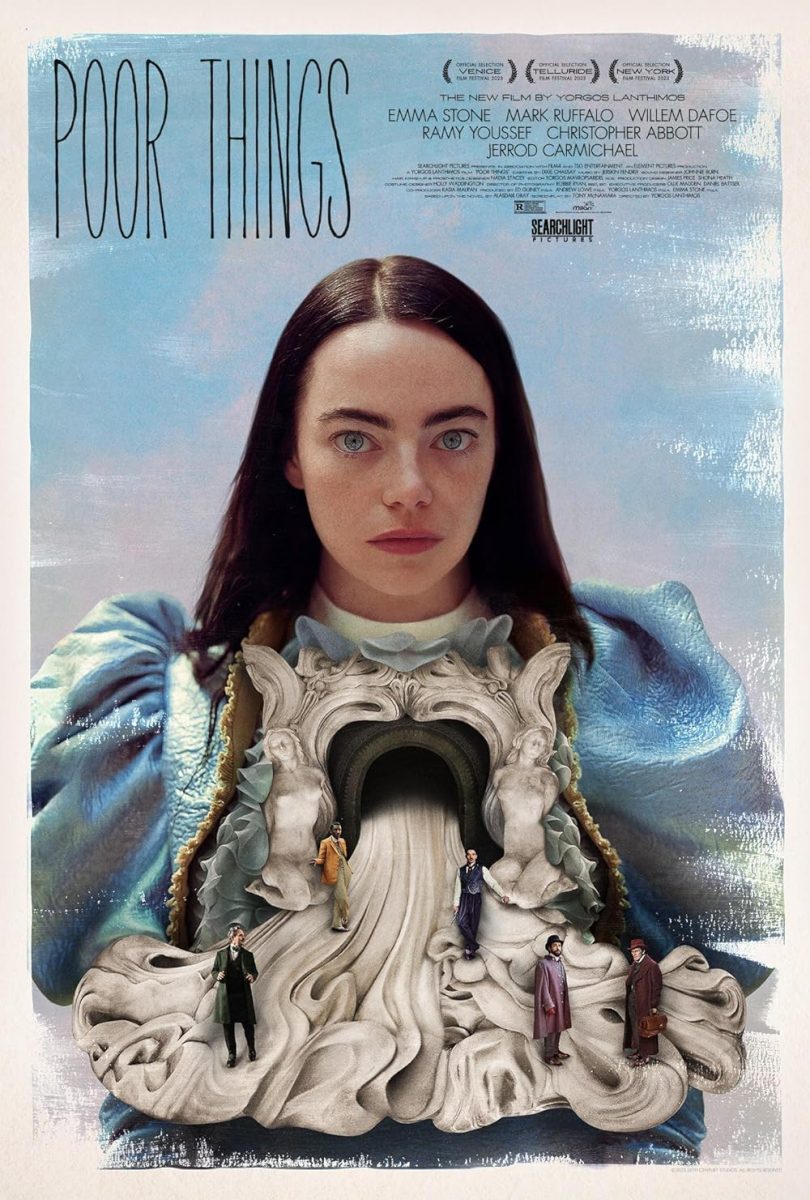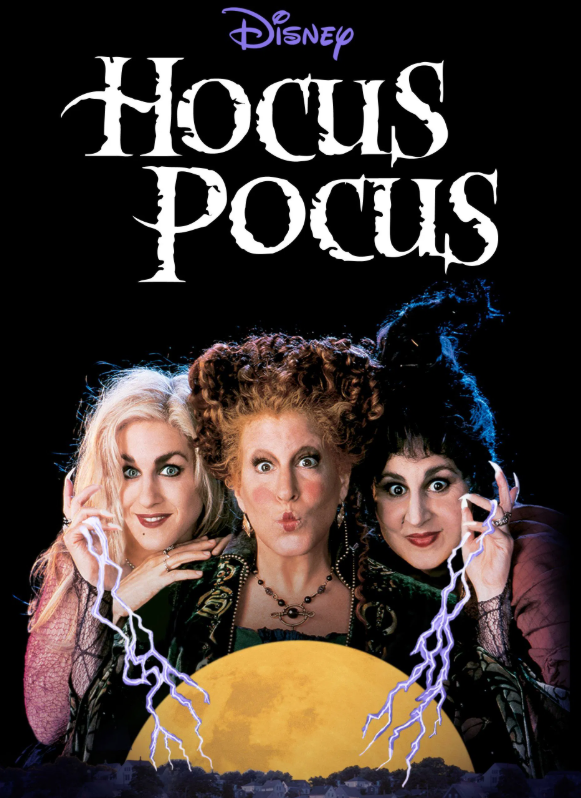After decades of the same Hallmark-style romance movies or superhero action flicks, Academy members are looking for a film with a more obscure and intricate plot. Director Yorgos Lanthimos attempted to provide the most shellshocking and riveting performance filled with self-discovery and an interesting take on human nature. “Poor Things,” though packed with oddities and new ideas, won Best Motion Picture at the Golden Globes and awarded Emma Stone with her second Oscar. The project became a polarizing movie about what humans would do if they were taught societal rules.
The film cold-opens as Bella Baxter (Emma Stone) throws herself off a large bridge into the ocean. After this travesty, the viewer witnesses Baxter roaming around a large Victorian home running into walls and shouting nonsense. It is revealed that she is being taken care of by a doctor of medicine (Willem Dafoe) who saved her after she jumped into the ocean. After one of his students witnesses Baxter’s oddities, he falls in love with her childlike sense of wonder and requests to marry her. The doctor agrees as he believes this will keep her in check. It is later shown in a flashback that Baxter is not who she thinks she is and is a whole new person. It comes out that when she jumped off of the bridge she was pregnant, and while she did not, the baby survived the fall. It turns out that the doctor saved the child’s life by putting its brain into the body of its mother, which explains why Baxter has a well-known childlike wonder. Eventually, she meets a rich man and declines to marry the doctor’s student, this allows her to set off on a journey of discovery.
Poor Things shows Baxter’s untouched thought patterns and causes the viewer to wonder how they would act if they had been thrown into society without getting taught what is normal. When she wins the lottery, she gives all of her money away out of kindness. When she needs more money she becomes a prostitute. When she gets sick from prostitution she becomes a doctor. Her ability to change promotes her intelligence and causes her to reflect human nature. The director’s and producer’s goal was to shock the audience and cause them to decide whether or not they would do the same if they were in that position. This garnered them a plethora of awards and gave Poor Things the must-watch factor any award-winning film deserves.














